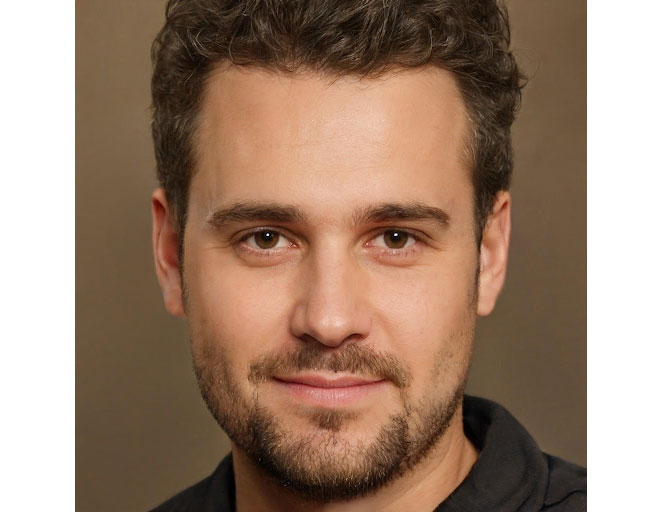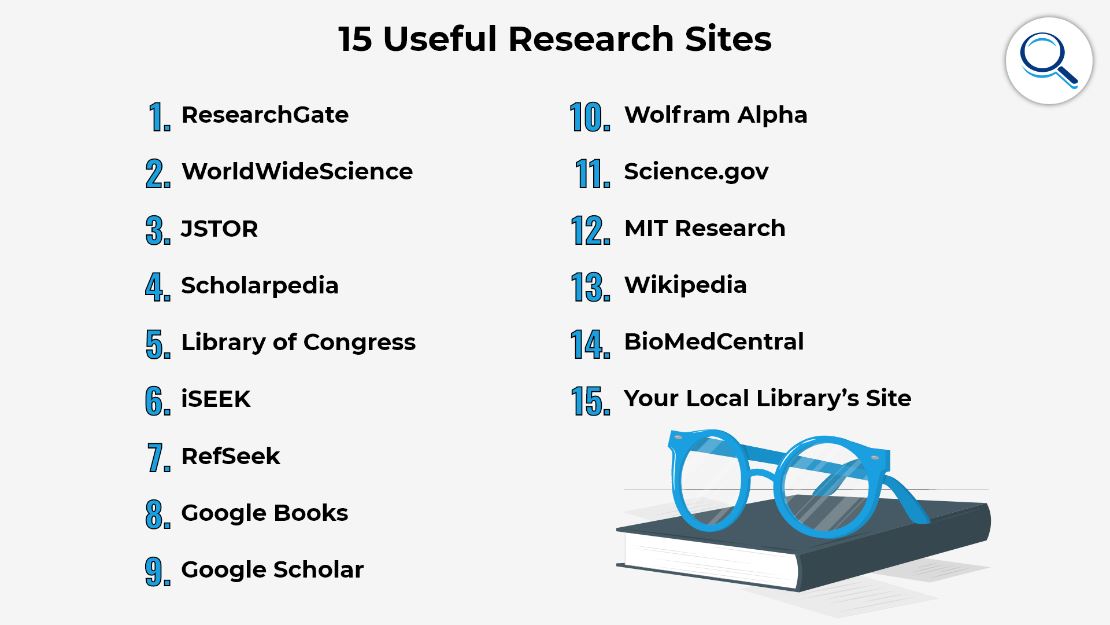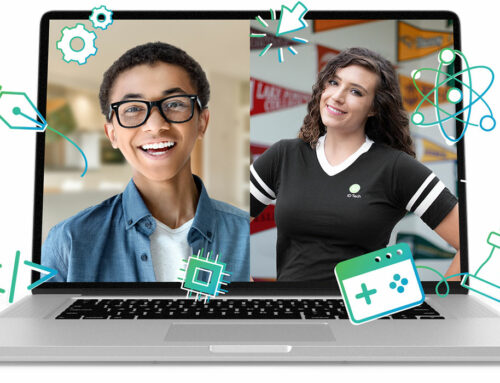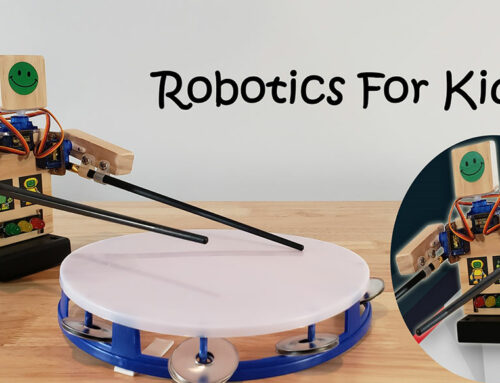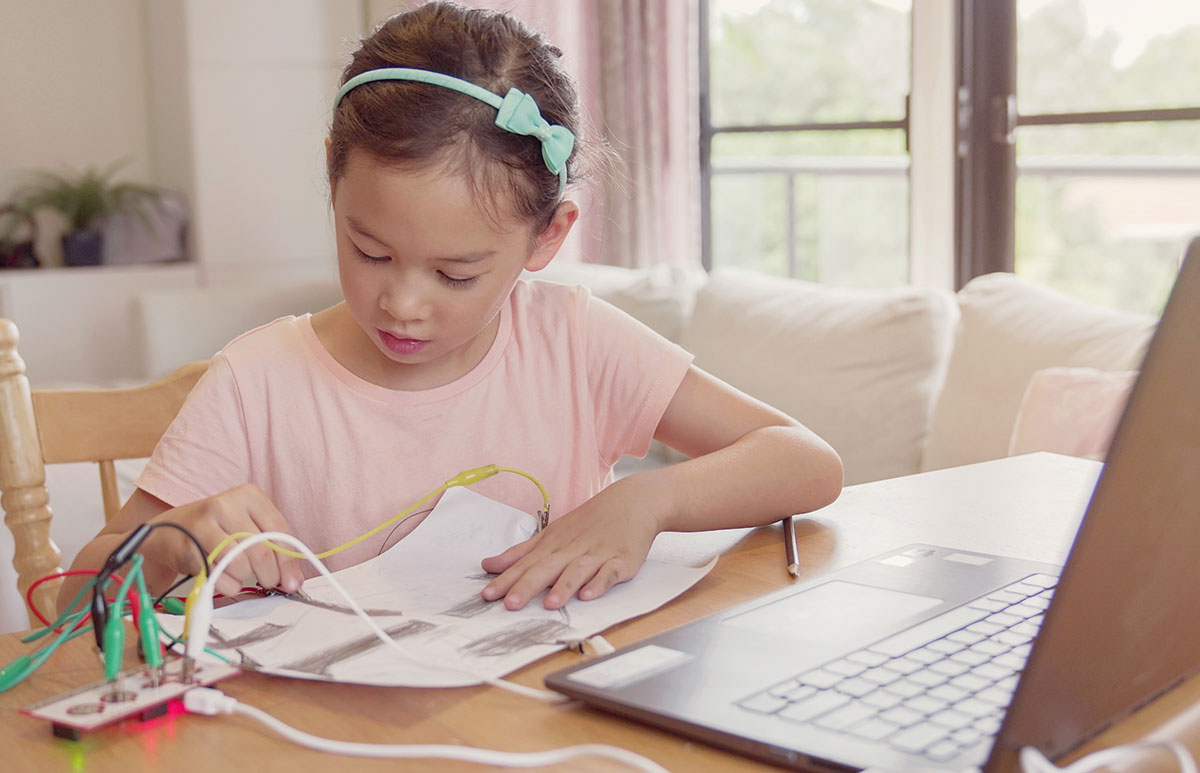
These days, the internet and the computer technology behind it is involved in nearly everything we do. From remote work to online learning, the internet makes it all possible. Students today already tend to be more familiar and comfortable with new digital technology than the generations preceding them.
Beyond just utilizing what our digital technology provides, it makes sense for students to understand how to actually work with the information that makes these systems function. And that means learning to code. Learning to code can provide many students with valuable future career prospects. But learning to code also helps learners of all ages to develop valuable skills for life.
In this article, we will take a look at how learning to code helps students to develop STEM skills, creativity, and other valuable abilities.
Nurturing STEM Skills
STEM, which stands for “science, technology, engineering, and mathematics,” has become a key part of forward thinking education programs. STEM education involves preparing today’s students to comfortably and critically engage with the world around them, including our increasingly digital future.
Helping students to develop STEM skills also means nurturing problem-solving skills, encouraging critical thinking, and strengthening logic. Learning to code is a great way to engage with all of these at the same time. Let’s take a look at how.
Working With Math Knowledge
Coding is a language constructed from mathematical concepts. As students learn to code, they will be using math skills in a fun, non-threatening way without even knowing it.
Even very young learners will be exposed to the basic concepts underpinning sophisticated forms of mathematics, including calculus, statistics, algebra, and discrete mathematics. The most basic form of coding employs binary mathematics, so young students will practice and develop their adding, subtracting, multiplication, and division skills in a practical context.
Creating Digital Literacy
“Digital literacy” refers to the ability to comfortably and critically interact with new digital technologies and the internet. For example, as part of a homeschooler’s research assignment, they may need to search online. A digitally literate student will know how to interact with valuable online resources to find the information they seek. They will have the knowledge to tell which sites are truly helpful resources.
(image source: 15 Useful Research Sites Every Student Should be Using)
In this vein, students who can participate in the evolving space of the internet by working with the technology at its most fundamental level – in the realm of coding – will have a strong advantage and are likely to build up a highly developed sense of digital literacy.
Engaging Computational Logic
When faced with a hefty, complicated problem, a computer will break that big problem down into its smaller, more manageable components. By first doing this, a computer can determine the pattern that exists beneath the surface of the issue. When people break apart a complex issue into smaller pieces to find the underlying pattern, they are using “computational logic”.
When working with coding and programming, students are constantly being confronted with complicated puzzles to solve. Practicing computational logic allows them to break down these issues into manageable pieces. This kind of logic is valuable not only in solving coding puzzles, but also in addressing social issues, administrative problems, or other life issues down the line.
Enhancing Problem Solving Skills
Beyond the development of computational logic, coding also helps students to develop intuitive logic when handling problems.
Learning to identify an issue, search for its solution, experiment, and enact a solution are all part of coding. Students will practice being persistent as they continue to try different solutions until they find the right one. Coding teaches students to be patient as they work towards solving a problem.
Coding As Creativity
Beyond the science, math, and logic side of education and mental development, coding also allows students to express their creative and artistic sides:
Creating New Pathways
Coding provides a space for students to employ their imaginations and express their creativity. When developing a new app, website, game, or another programming challenge, there are endless possibilities and pathways available for each student. This requires students to engage their creativity to make a series of choices that direct their process. Coding requires experimentation, and students will have the opportunity to try a variety of different solutions until they figure out what fits.
An Artistic Tool
Teaching a child to write, paint, draw, or play an instrument provides them with a basic understanding of how to use that tool. Once they have reached a basic understanding of how to use that tool, then they can use it to enact their own creative vision in whichever direction they choose.
Similarly, once students learn to code, they can use those skills to create anything they can imagine. For students who consider themselves to be more artistic and less inclined towards STEM subjects, coding provides a perfect opportunity to bridge the gap between these areas. Students can engage their logical side while playing with their own creative abilities.
Coding For The Future
From enhancing creative and artistic skills to encouraging advanced problem solving and computational logic, learning to code helps students of all ages to develop sophisticated skills that will benefit them inside and outside of the classroom.
After working with STEM skills in a fun, engaging way, students will be able to transfer their coding skills into other academic subject areas. By learning to persevere in the face of complicated challenges, students will be better equipped to face all of life’s challenges.
And, of course, as students continue to approach the working world of professional interactions and career directions, coding will continue to be a skill that comes in handy long after they have graduated from school.
Josh Rogan
Josh Rogan is an expert in web technologies, internet age communications, and AI developments. Since studying Computer Science he has worked as a freelance IT consultant, deepening his respect for what technology can do. Now he is looking to try his hand at writing and share what he has learned with as many people as he can. Learn more about his writing at JoshRoganWriting.com.
